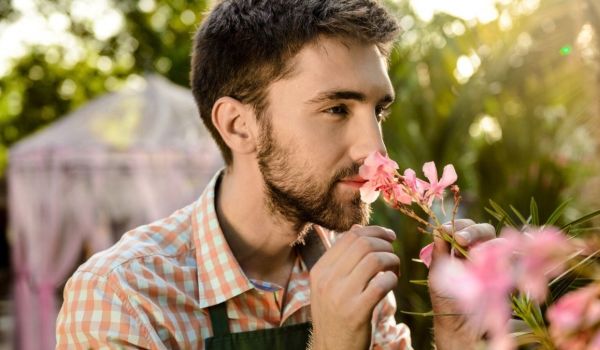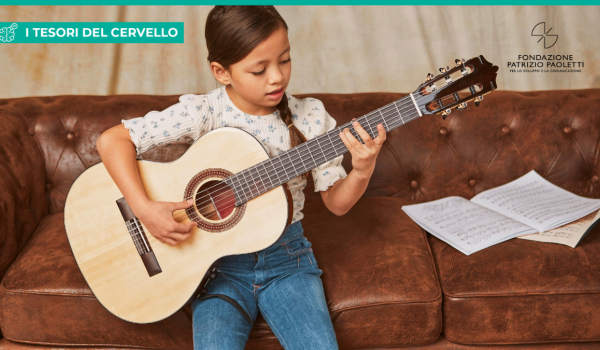Brain functioning

Friendship: a treasure for the brain
“Who finds a friend finds a treasure”: this ancient proverb holds a deep truth, confirmed by recent neuroscientific discoveries. Friendships not only add value to our lives but also make us richer at a brain level. Friendships stimulate the development of specific brain areas, creating new neural c…

What and how many are our senses really?
At school, we were taught that we have 5 senses: sight, hearing, smell, touch, and taste. But science today suggests that the ways our body perceives and interacts with the environment are more numerous, and their functioning is linked to emotions.

The brain’s reward system and learning
Why do we do what we do? Beyond meeting the basic needs for our survival—food, rest, safety—we are motivated by what brings us pleasure, fun, and satisfaction. These activities are usually useful to us in some way, which is why our brain associates them with pleasure.


